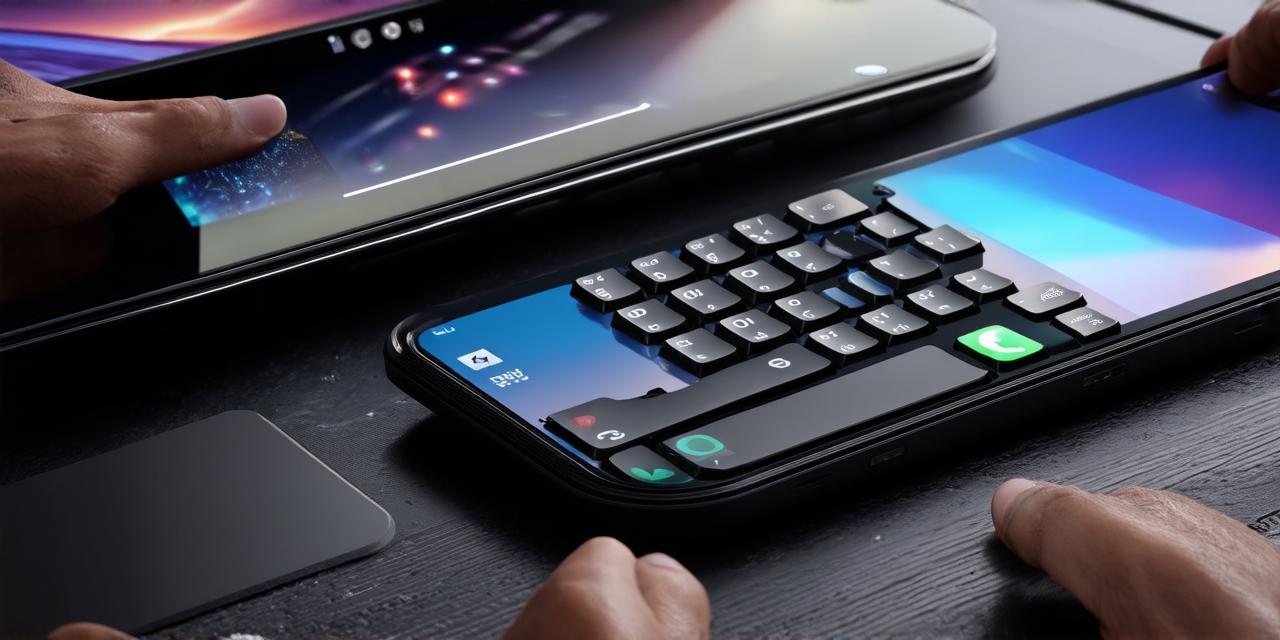What are the steps involved in developing an app?

1. Identify Your Target Audience
Before you start developing your app, it’s crucial to identify your target audience. Who is your app designed for? What are their needs, wants, and pain points? You need to answer these questions to create an app that meets the expectations of your target audience.
2. Conduct Market Research
Once you have identified your target audience, it’s time to conduct market research. This will help you understand the competition in the market, the trends, and the demand for an app like yours. You can use various tools to gather this information, such as Google Trends, social media analytics, surveys, and interviews.
3. Create a Unique Selling Proposition (USP)
Your app must stand out from the competition. What makes it different? What features or functionalities does it offer that other apps do not? Your USP should be unique, compelling, and relevant to your target audience.
4. Develop a Prototype
Before you start coding, it’s essential to develop a prototype of your app. A prototype is a basic version of your app that demonstrates its features and functionalities. It helps you identify any potential problems or issues early in the development process.
5. Choose the Right App Development Platform
There are several app development platforms available, each with its strengths and weaknesses. Some popular platforms include React Native, Flutter, Xamarin, and Swift. You need to choose the right platform based on your app’s requirements, target audience, and development team’s expertise.
6. Create a Development Plan
Once you have chosen the right platform, it’s time to create a development plan. This includes setting timelines, budgets, milestones, and responsibilities. You should also establish clear communication channels with your development team to ensure that everyone is on the same page. A well-planned development process can help you stay on track, avoid delays, and deliver a high-quality app within the expected timeframe.
7. Test and Iterate
Testing is a critical phase of app development. You need to test your app thoroughly to identify any bugs, glitches, or performance issues. You can use various testing tools and techniques, such as manual testing, automated testing, and user testing. Once you’ve identified the issues, you should iterate on your app and fix them before launching it.
8. Launch and Market Your App
When your app is ready, it’s time to launch it. You need to create a marketing strategy that targets your audience and drives downloads. This could include social media campaigns, influencer marketing, paid advertising, or content marketing. You should also track your app’s performance regularly using tools such as Google Analytics or Mixpanel.
9. Maintain and Update Your App
Finally, you need to maintain and update your app regularly to keep it relevant and up-to-date. This includes fixing bugs, adding new features, and addressing user feedback. You should also monitor your app’s performance regularly and optimize it for better user engagement and retention.
Case Study: Uber
Uber is an excellent example of a successful app that followed these steps. The company identified its target audience (people who want to book rides), conducted market research (studying the taxi industry), created a unique selling proposition (on-demand ride-hailing), developed a prototype, chose the right platform (iOS and Android), created a development plan, tested and iterated, launched and marketed their app, and maintained and updated it.
FAQs:
1. How long does it take to develop an app?
The time it takes to develop an app depends on various factors such as the complexity of the app, the platform being used, and the development team’s expertise. On average, app development can take anywhere from 3-6 months for a basic app.
2. How much does it cost to develop an app?
The cost of app development also depends on various factors such as the platform being used, the complexity of the app, and the development team’s expertise. On average, app development can cost anywhere from $50,000-$100,000 for a basic app.
3. What skills are required to develop an app?
To develop an app, you need various skills such as coding, design, project management, testing, and marketing. You can also outsource certain tasks such as app development or marketing to specialized teams.
4. Can I develop an app on my own?
Yes, it’s possible to develop an app on your own, but it requires a significant amount of time, effort, and expertise. Developing an app requires various skills, and you may not have all the necessary knowledge in-house. It’s always recommended to work with a professional development team.
